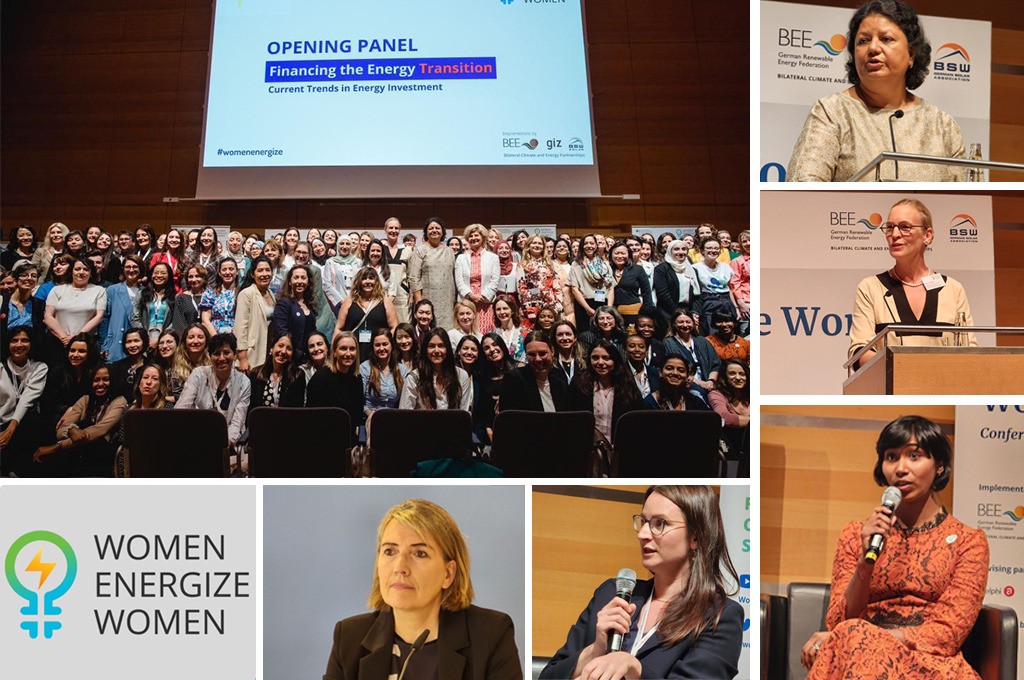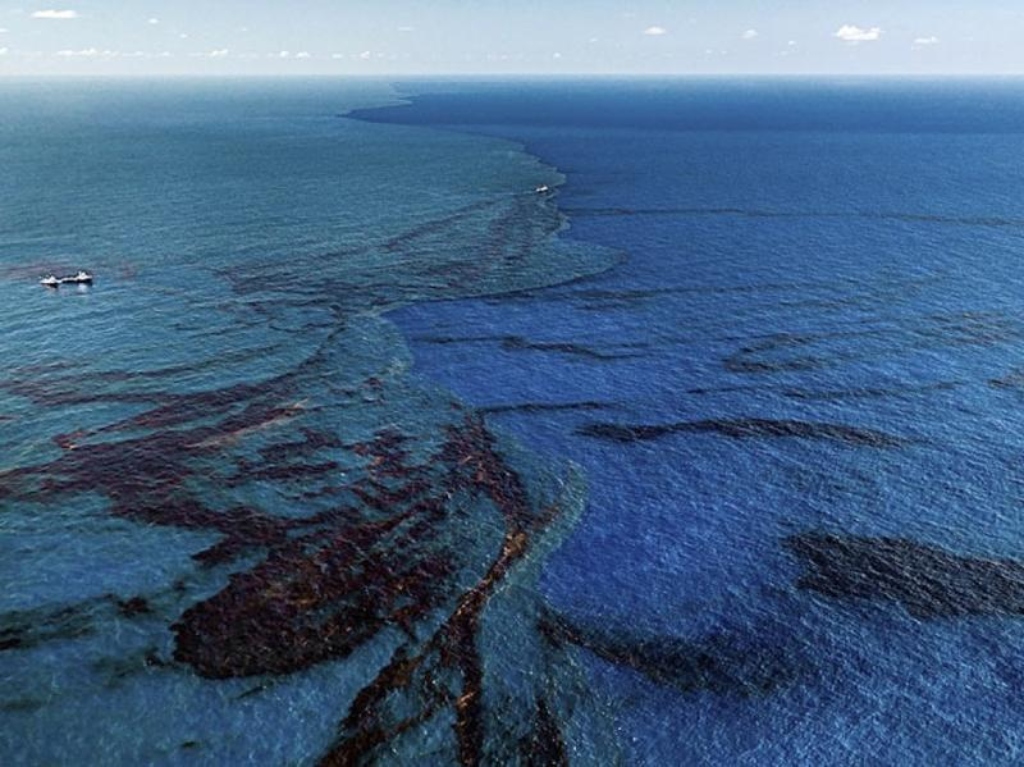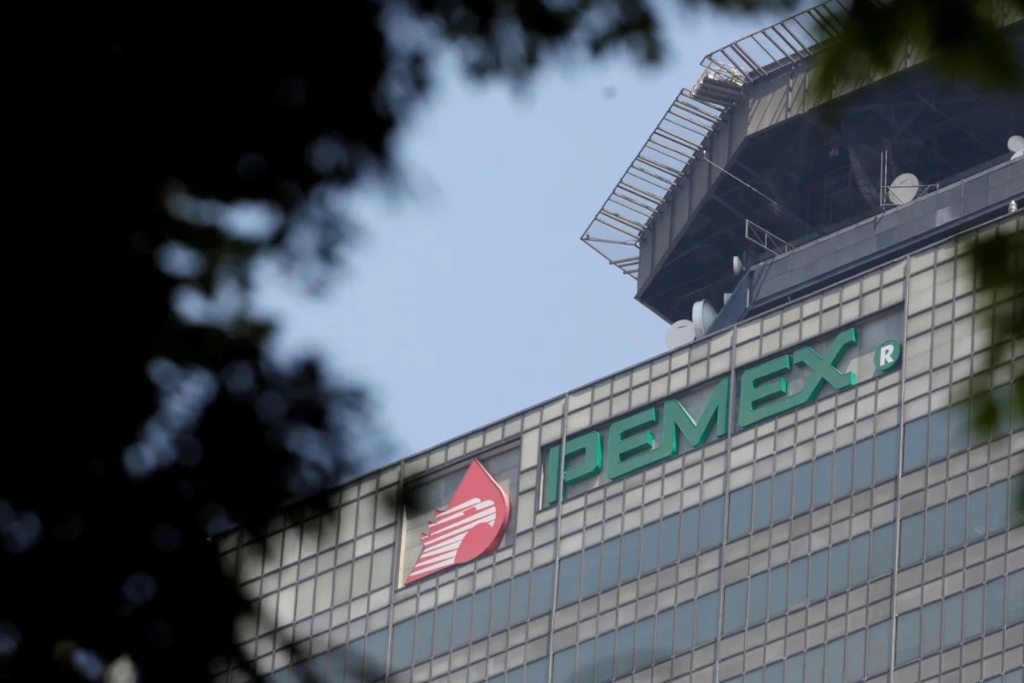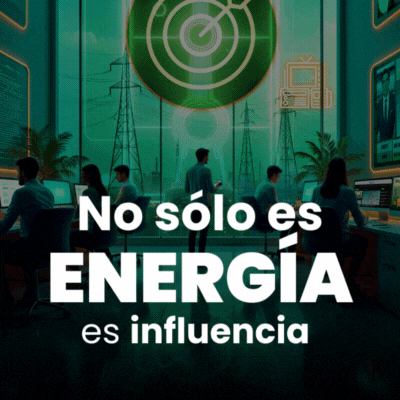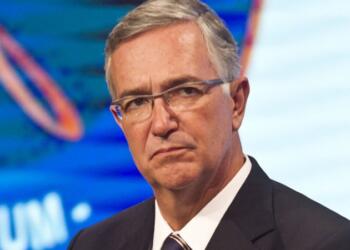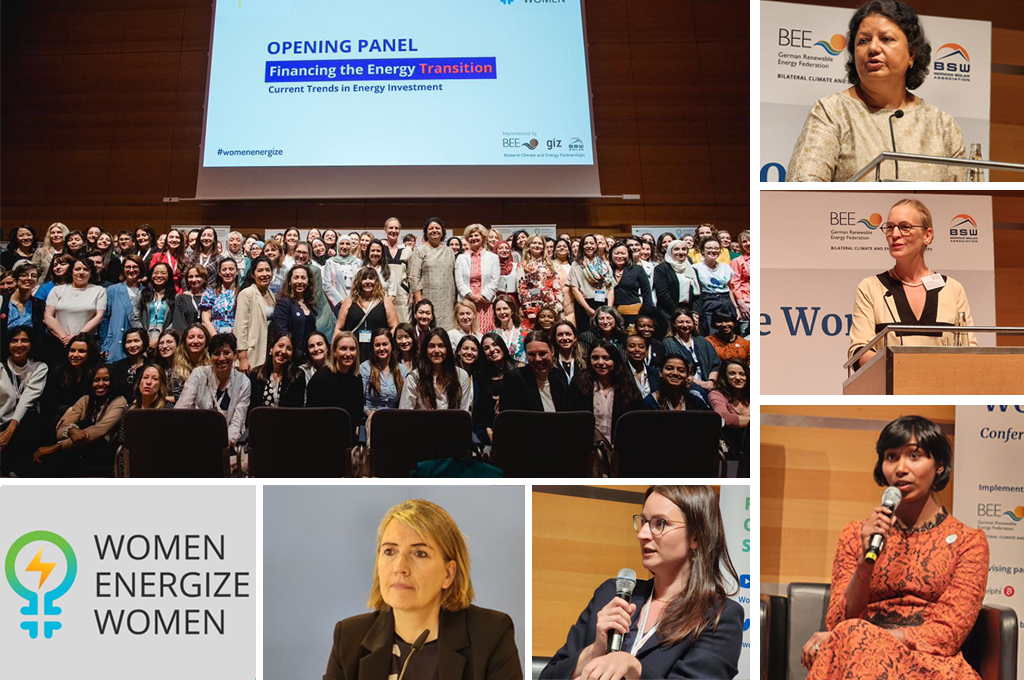
Making women visible within the energy industry is not a local challenge, unfortunately it is a constant that is replicated worldwide, although on different scales. “Women Energize Women (WEW)” represents that space that seeks to boost female participation in a masculinized sector through talks and panel discussions, oriented on this occasion, to finance the energy transition and invest in women.
“Gender equality is absolutely important as well as climate change as exceeding 1.5°C will also impact women around the world, who are often part of the most vulnerable groups. So we have to unite and speak out,” said Ellen von Zitzewitz, Deputy Director of the Department for International Energy Cooperation at the German Federal Ministry for Economic Affairs and Energy, in her speech.
Data refer that 12 million people are currently employed in the energy sector, however, to make the energy transition a reality, this number must quadruple by 2050.
“A successful and just energy transition is not possible without gender equality. To achieve the transformation of the global energy system to 100 percent renewables in all sectors, we need our talents in all their forms to drive innovation,” considered Simone Peter, president of the German Renewable Energy Federation (BEE).
Breaking down barriers
For years, invisible barriers were built up that prevented women from thinking they could be part of the energy sector, but given that 80 percent of emissions come from this industry, how can half the population not be part of this transition, questioned Gauri Singh, deputy director general of the International Renewable Energy Agency (IRENA).
Breaking glass ceilings also requires will and a political approach to make it happen through policy, Singh said.
Within the panel called “Investing in the Global Energy Transition,” Vinayasri Nidadavolu, a specialist engineer at Siemens Gamesa made an analogy in this regard.
“We know that there are two sides to a coin, right? One is the commitment and collaboration of everyone here and the second side is, of course, the policies of the government, energy companies and educational institutes. It is important to encourage the next generation of girls to pursue careers in engineering or energy,” he said.
Partnerships are essential in this race towards gender equality, which is why Carolin Krolik of the German Energy Agency is working on mentoring programs with the Global Women’s Network for Energy Transition (GWNET); at the same time, she considers it is vital to focus on different recruitment procedures such as anonymous application processes.
“The same CV with a man’s name and one with a woman’s name leads to the man being chosen,” Krolik objected.
Once you stop naturalizing the gender imbalance it is impossible not to try to close the gender gap.
“We start to see things differently and do things differently; gender equality awareness also plays an important role in women’s networks in the sector,” concluded Kathlen Schneider, director of the IDEAL Institute and co-founder and coordinator of the MESol network.
WEW is an initiative promoted by the German Federal Ministry for Economic Affairs and Climate Action (BMWK), in collaboration with the German Society for International Cooperation (GIZ), and the German Renewable Energy Federation (BEE).
WEW Ambassadors
During the 2023 edition, the first version of the Women Energize Women Ambassadors program was launched, a select group of women from around the world and at all levels and professional activities whose mission is to promote gender equality in all contexts of the energy sector.
Mexico will be represented by Ingrid Daniela Loredo Zarco, Editor in Chief of Energy21, who was also selected to participate as a Media Fellow along with 14 other energy journalists.
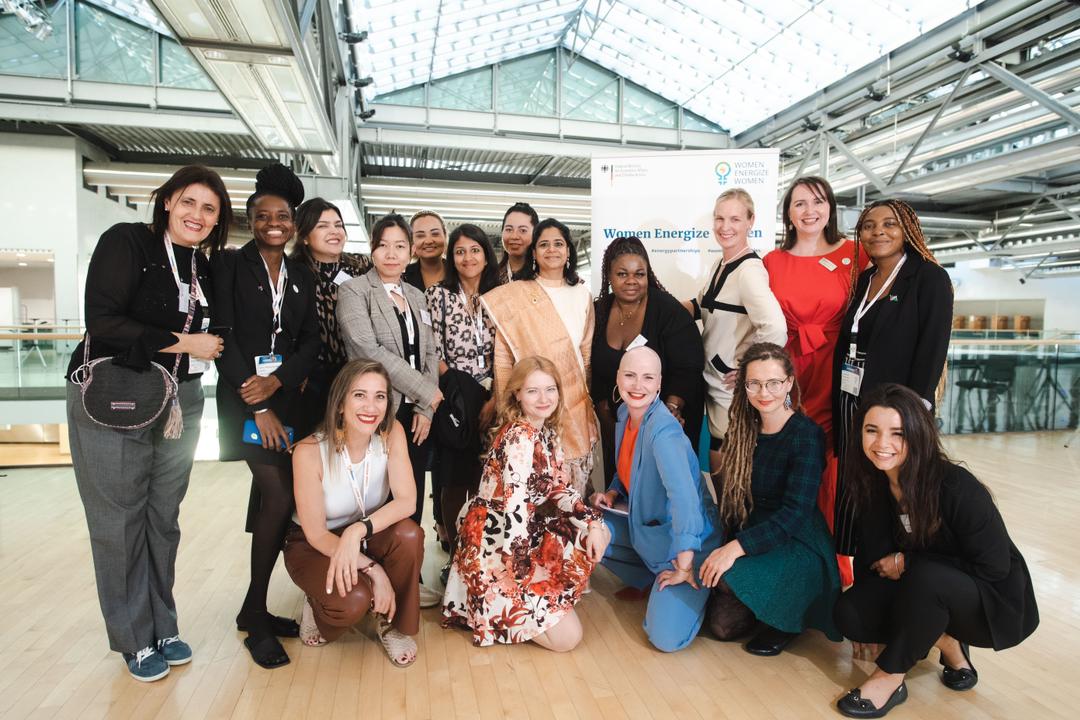
Read the spanish version on this link.
Comment and follow us @Da_Lored0 @Energy21Mx
¡Encuentra un nuevo episodio cada 15 días! #EnergíaFemenina




